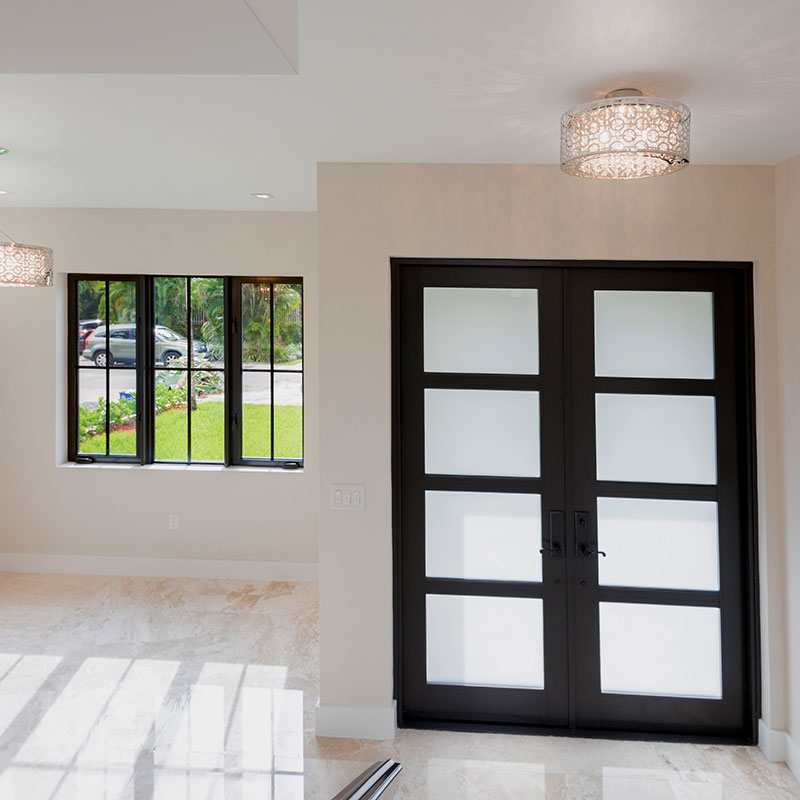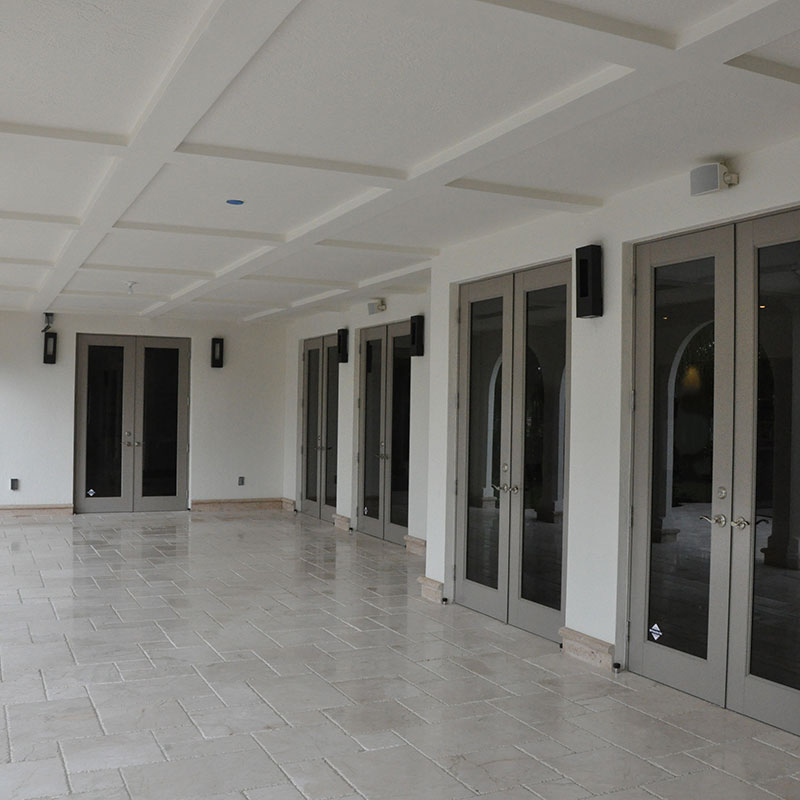What is the role of a general contractor?
A general contractor (GC) is the one that makes the building or remodeling project "happen". The GC is an integral part of a team that includes designers, architects, engineers, and the client. The GC takes input from the different members of the team and builds the project. The GC is the driving force towards realizing the finished, physical project and bringing concept to reality. The GC is a manager and administrator. The GC brings in his own team of skilled and experienced technicians, plus necessary subcontractors, suppliers, and other specialty contractors if needed. The GC manages the budget and handles financial administration. The GC is the one who ensures your project will be built in accordance with local and state building codes and acceptable industry standards.
What qualifications must a general contractor possess?
To become a certified general contractor in the State of Florida, a person must pass the state certification examination. A person must also meet certain educational requirements, demonstrate financial responsibility, and obtain workers compensation and general liability insurance coverage.
How can I verify if a general contractor has the requisite qualifications?
All certified general contractors are issued an occupation code that begins with the letter "C". Still, to ensure that your contractor is indeed licensed with the State of Florida, you can always verify a license at
www.myfloridalicense.comDo I need to hire a general contractor?
While do-it-yourself stores like The Home Depot and Lowe's make it easier to perform routine projects around your home or business, there are times when you should let a professional do it. This is particularly true for larger, more complicated projects. Simply put, if something is beyond your skill level, you should avoid trying to save money by doing it yourself. Chances are you will end up hiring a professional not only to finish the task, but to clean up the mess! Also, if your project is specific and limited enough to allow for a specialty contractor, e.g. hiring a roofing contractor to install new roof tiles, then choosing a specialty contractor makes sense. However, if you have doubts about the scope of the work or are unsure about what specialty to choose, going with a general contractor--someone qualified to handle ALL types of work--is the smarter choice. At a minimum you should take advantage of getting a free consultation that most reputable contractors offer. This will allow you to determine exactly who to hire for the project.
Should I ask around?
Ask friends, neighbors, and co-workers for contractor referrals. If they liked the contractor's work, chances are you will, too.
Are they Licensed?
Make sure the contractor you hire is licensed. Ask for a copy of the contractor's license or simply check the state's license verification page (see above). Florida law requires that all contractors be licensed so hire an unlicensed contractor at your own risk.
Should I ask about past projects?
Ask the contractor for a list of past projects or customers. Ask to see their portfolio or pictures of past projects. Good, reputable contractors are proud of their craft and will not hesitate to show off their previous work. Ultimately the best indicator of future performance is past performance.
Should I ask about Local Ties?
How long have they worked in the area? Do they belong to any trade or local associations? A contractor who has been working in South Florida for years and belongs to trade or local association is much less likely to be a "fly-by-night" contractor who will take your money and never be heard from again. Someone committed to the area and the local trade will work hard to earn your satisfaction and preserve their reputation.
Will there be a point person?
Find out whether the contractor will be on site to supervise your job or hand it off to a foreman. If they will not be personally working at your site, how much time each day will they spend supervising it? Who will address your concerns? There is no sense in hiring the "right" person for the job if he will not be the one overseeing the actual work.
What is the timeline?
Ask when they are available to start your project and how long they estimate it will take. These are basic yet critical questions a prospective contractor should be able to answer.



































